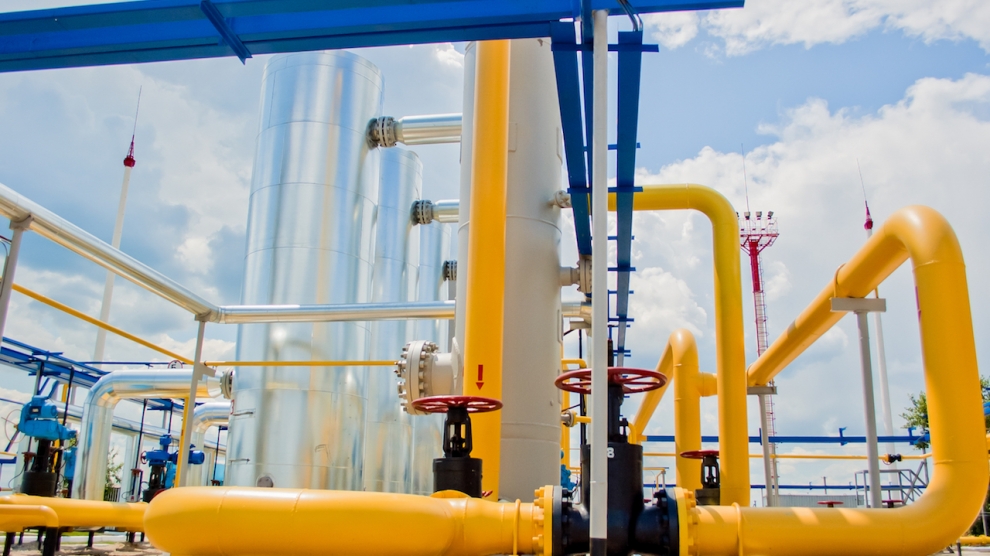Ukraine’s Deputy Minister of Economic Development and Trade Maksym Nefyodov has warned potential investors in a number of state-owned enterprises that few are ‘gold mines’ and that potential investors should be prepared to for a long haul.
Talking to the UNIAN news agency, Mr Nefyodov said that of 900 enterprises slated for sale in the latest attempt to kick start Ukraine’s privatisation process (one of the country’s biggest failures, according to EBRD Managing Director for Eastern Europe and the Caucasus Francis Malige), few were in great shape.
“Of course, we have assets such as Turboatom, a profitable, growing enterprise which will be an interesting asset for strategic investors. But there are very few such examples. The main task of privatisation is not to get the maximum value, but to find a strategic investor who will develop the business, create jobs, pay taxes, increase exports, and so on,” Mr Nefyodov.
Privatisation of Ukrainian state-held assets has been a more stop than start process since independence from the Soviet Union in 1991. The state still owns more than 3500 enterprises, most of which date back to the Soviet-era. Most are unprofitable, and maintaining them is a strain on the country’s finances. According to different sources less than 3 per cent of state-owned enterprises have been sold since 1991, none of them of any great size. When Ukraine tried to sell the flagship Black Sea nitrogen fertiliser plant Odessa Portside late in 2016, no bids were received.
Nevertheless, Ukraine has now set ambitious targets for privatisation, and Mr Nefyodov is well aware of the how crucial the process is.
“Privatisation is important for a number of reasons,” he said. “First, there is an abnormally large number of SOEs in Ukraine. Central government authorities alone control almost 3,500 of them. These SOEs are washing away taxpayers’ money and hinder the development of healthy competition. Such inefficient use of resources leads to corruption. A vicious cycle is created, which, if not broken, it will continue to suck money from the state budget and discourage investment. The public sector still accounts for almost 16 per cent of the economy. This is abnormally high.”
How does he plan to do it? By being flexible.
“As a former investment banker, I can safely say that there is no guaranteed way to sell an enterprise. It should be a quality sale, the company should be effectively advertised, and the terms of sale changed if it does not work out.”
A new privatisation law will also help.
“Instead of seven privatisation laws, we will have just one, although there will still be a separate law that regulates the privatisation of state-owned banks,” Mr Nefyodov told UNIAN. “To replace the many groups into which state enterprises have been divided, there will now be only two — big and small. Small enterprises will be privatised via e-auctions and offered for sale without special preparation, to be sold on the principle of selling the assets of the Individual Deposits Guarantee Fund. Big enterprises (there are 50-60 of them) will be sold with the involvement of investment advisers. Another innovation is that you will be able to use English law for contracts so that the investor feels more secure.”
Ukraine had hoped that privatisation would raise 17 billion hryvnia (around 545 million euros), but has to date sold assets worth just 3.2 billion hryvnia (103 million euros), almost all in the energy sector.

